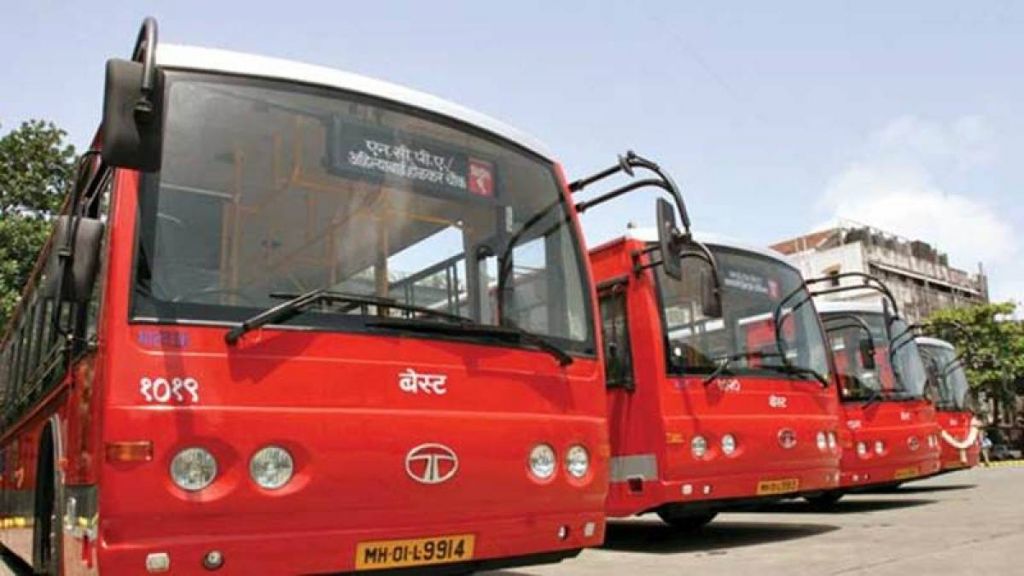
Mumbai witnessed significant disruption to its bus services on Monday morning as contractual employees of the Brihanmumbai Electric Supply and Transport (BEST) undertaking went on a flash strike at the Dharavi and Pratiksha Nagar depots.
The strike, led by employees of Mateshwari Company, a private contractor for BEST, left hundreds of commuters stranded during peak hours as buses remained off the roads for several hours.
The unexpected strike caught commuters off guard, with many waiting at bus stops for hours in search of alternate transportation. BEST administration scrambled to deploy its own buses on affected routes, but the limited availability of buses was insufficient to meet the demand.
Operations at the Dharavi and Pratiksha Nagar depots were severely impacted, with 100 buses from Dharavi and 110 buses from Pratiksha Nagar remaining idle until the afternoon. Other depots, including Majas, Mulund, Wadala, and Santacruz, also saw partial disruptions, worsening the inconvenience for passengers.
Union representatives indicated that the strike was primarily triggered by grievances over delayed salary payments and the lack of permanent employment for contractual workers.
However, sources revealed that the strike was also catalyzed by a recent altercation between a pregnant conductor, Supriya Kadam, and depot manager Salim Khatri at the Pratiksha Nagar depot. Kadam had requested lighter duties due to her pregnancy, leading to a confrontation with the manager. This incident, coupled with existing discontent among workers, sparked widespread unrest.
"After the incidence, a police complaint filed by both parties at the Wadala Truck Terminal Police Station following the altercation. To show solidarity with their colleague, employees from Mateshwari Company initiated the flash strike on Monday morning" said an official.
By afternoon, the strike was resolved, and services from the Pratiksha Nagar depot resumed at 12:20 PM. An official from BEST confirmed that all affected employees returned to duty by 12:30 PM after discussions with the administration.
While bus services gradually returned to normal, the disruptions served as a reminder of the challenges faced by BEST, which operates a significant portion of its fleet (67%, or 1,935 buses) on a contractual basis, making it vulnerable to such unrest.